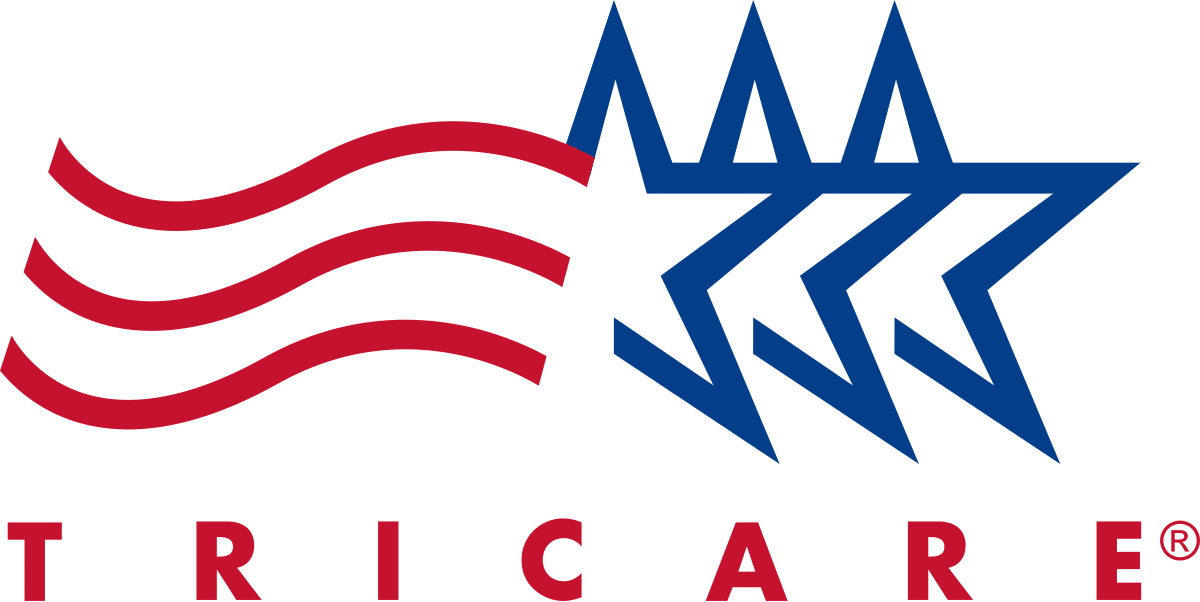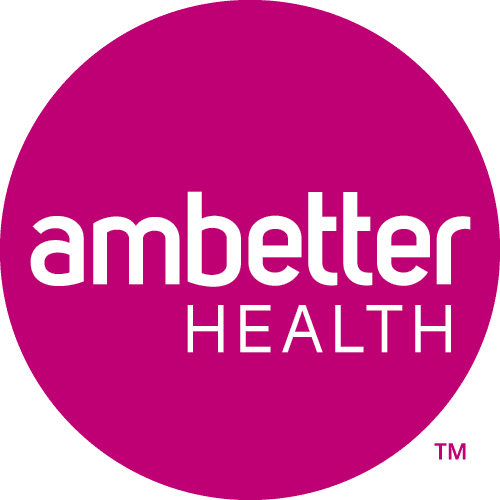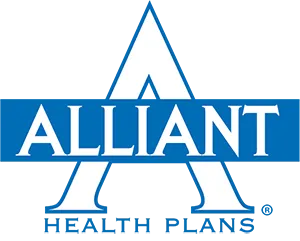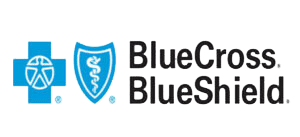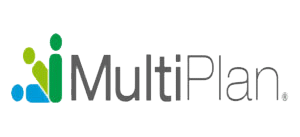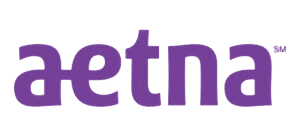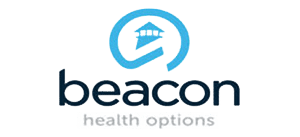Methadone Addiction Treatment Center in Rome, GA
Methadone Addiction Treatment Center in Rome, GA
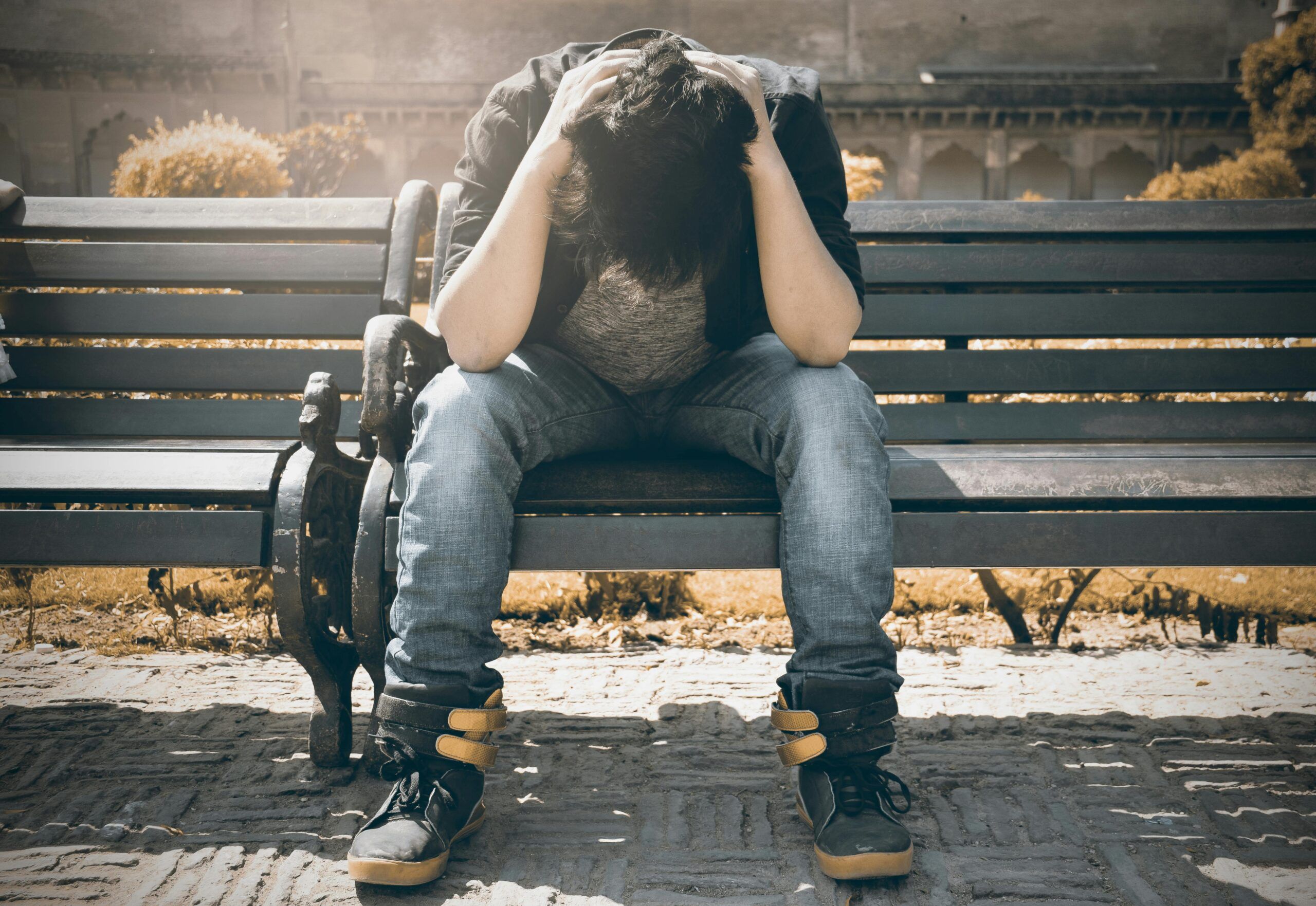
Methadone clinics in Rome, GA, like Fairland Recovery Center, provide medication-assisted treatment to reduce cravings and withdrawal symptoms. These centers combine methadone with counseling to help patients recover.
We use FDA-approved medications like methadone and buprenorphine along with therapy to treat opioid use disorder. The goal is to help patients stop misusing opioids and regain control of their lives. Methadone maintenance allows many people to function normally while reducing their dependence on opioids.
Addiction treatment at Fairland Recovery Center is personalized based on each patient’s needs. We offer both inpatient and outpatient programs. We accept private insurance and self-pay options to make treatment more accessible. With proper care and support, recovery from opioid addiction is possible for many people in the Rome area.
The Challenge of Opioid Addiction in Rome, Georgia
Rome, Georgia, faces a severe opioid crisis. The city struggles with rising addiction rates and overdose deaths. This impacts families, the healthcare system, and the community.
Understanding Opioid Addiction
Opioid addiction is a chronic brain disease. It changes how the brain works and affects behavior. People with opioid use disorder may:
- Feel strong urges to use opioids
- Have trouble controlling their use
- Keep using it despite the harm
- Need more opioids over time to get the same effect
Opioids include prescription painkillers, heroin, and synthetic drugs like fentanyl. These drugs are very addictive. They can lead to physical dependence in just a few weeks. Treatment often involves medicine, counseling, and support. Medication like methadone helps reduce cravings and withdrawal symptoms.
Statistics and Impact on the Community
The opioid crisis affects many in Rome, and the stats show the problem’s scale:
- Opioid overdose deaths in Georgia rose 302% from 2010 to 2022.
- Drug overdoses increased during the COVID-19 pandemic.
Rome faces challenges in treating addiction. Many rural Georgia areas lack easy access to methadone clinics. This makes it harder for people to get help.
The crisis strains local resources. It affects:
- Healthcare systems
- Law enforcement
- Social services
- Families and relationships
Community efforts focus on prevention, treatment, and support for those affected by opioid addiction.
Services Offered by Methadone Treatment Centers
Methadone treatment centers provide a range of services to help people overcome opioid addiction. These services focus on medical treatment, counseling, and addressing other health issues.
Medication-Assisted Treatment (MAT)
Methadone clinics offer medication-assisted treatment (MAT) as a key service. MAT uses FDA-approved medications like methadone or buprenorphine to reduce cravings and withdrawal symptoms.
Clients receive a daily dose of methadone under supervision. The dose is adjusted based on individual needs. This helps patients stop using illegal opioids and focus on recovery.
Some clinics also offer Suboxone as an alternative to methadone. Suboxone contains buprenorphine and naloxone. It can be prescribed for at-home use in some cases.
MAT is often combined with other treatments for the best results. The goal is to help patients stabilize their lives and work toward long-term recovery.
Counseling and Behavioral Therapy
Our methadone clinic provides counseling and therapy alongside medication. These services help clients address the root causes of their addiction.
Fairland Recovery Center offers the following therapy options:
- Cognitive–behavioral therapy (CBT)
- Rational-emotive behavioral therapy
- Dialectical Behavioral Therapy
- Trauma-focused CBT (TF-CBT)
- Modeling & Skills Training
- Motivational Interviewing
- Solution-Focused Person-Centered Approach
- 12-Step Integrated Approach
- Contingency Management (CM)
- Reinforcement and Goal Setting
- Abstract Expression & Arts Therapy
Counseling helps patients develop coping skills and strategies to avoid relapse. It also addresses mental health issues that may contribute to addiction.
These methods have been proven effective for treating addiction. Patients work with therapists to create personalized treatment plans. Goals may include improving relationships, finding employment, or managing stress.
Dual Diagnosis Treatment for Co-Occurring Disorders
Many people with opioid addiction also have other mental health issues. This is called a dual diagnosis or co-occurring disorder. Methadone clinics often offer treatment for both addiction and mental health problems.
Common co-occurring disorders include:
- Depression
- Anxiety
- PTSD
- Bipolar disorder
Dual diagnosis treatment integrates addiction and mental health care. Patients receive medication and therapy for both conditions. This approach leads to better outcomes than treating each issue separately.
Clinics may have psychiatrists on staff to diagnose and treat mental health disorders. They work alongside addiction specialists to create comprehensive treatment plans.
Patients learn to manage both their addiction and mental health symptoms. This holistic approach supports long-term recovery and overall well-being.
Support Systems and Special Programs
Methadone treatment centers offer many support systems and special programs. These help patients recover and stay drug-free. Key services include group therapy, family counseling, and aftercare planning.
Group Therapy and Community Support
Group therapy is a big part of a methadone treatment program. Patients meet regularly at the treatment facility to share experiences and learn from each other. This builds a sense of community and belonging.
Fairland Recovery Center provides:
- Daily or weekly group sessions
- Peer support meetings
- Skill-building workshops
These groups teach coping skills and ways to avoid triggers. Clients practice communicating and solving problems together. This helps them feel less alone in their struggles.
We also link clients to community support groups. These can include 12-step programs or other recovery meetings. Joining these groups helps clients build a sober network outside the rehab center.
Family Counseling and Education
We also believe that family involvement is crucial for lasting recovery. Many centers offer family therapy and education programs. These help heal relationships damaged by addiction.
Family counseling may include:
- Joint sessions with the patient and family members
- Classes on addiction and recovery for loved ones
- Support groups for family members
Counselors teach families about drug addiction as a disease. They learn how to support their loved ones without enabling drug use. Families also work on improving communication and setting healthy boundaries.
Some centers offer special programs for children of addicted parents. These help kids cope with the effects of a parent’s substance abuse.
Aftercare Planning and Relapse Prevention
Good treatment centers focus on long-term recovery. They start planning for life after treatment early on, including creating a solid aftercare plan. This is why relapse prevention planning and aftercare services are crucial to our programs at Fairland.
Key parts of aftercare treatment services are:
- Identifying triggers and high-risk situations
- Developing coping strategies
- Setting up ongoing therapy or counseling
- Finding sober living options, if needed
Clients learn relapse-prevention skills throughout treatment. They practice these skills in real-life situations before leaving the program.
Many centers offer alumni programs or ongoing support groups. These give patients a place to turn if they struggle after leaving treatment. Fairland Recovery Center provides job training and education to support a drug-free lifestyle.
Understanding the Methadone Treatment Process
Methadone treatment involves a structured approach to help individuals overcome opioid addiction. Our process includes initial assessment, personalized planning, and ongoing care to manage withdrawal and support recovery.
Initial Assessment and Detoxification
The first step in methadone treatment is a thorough evaluation of the client’s health and addiction history. Medical professionals assess the severity of opioid dependence and check for any co-existing health issues.
Detoxification may begin during this phase. Methadone helps manage withdrawal symptoms, making the detox process more comfortable. The initial dose is carefully determined based on the individual’s needs.
Clients are closely monitored during this time. Medical staff watch for side effects and adjust dosages to ensure safety and effectiveness.
Creating a Personalized Treatment Plan
After the initial assessment, a tailored treatment plan is developed. This plan considers the patient’s unique circumstances, including:
- Severity of addiction
- Physical health
- Mental health status
- Social support system
- Personal goals
The plan outlines methadone dosage, frequency of visits, and additional support and counseling services. These may include counseling, group therapy, or job training programs. Treatment goals are set collaboratively with the patient. Regular reviews ensure the plan remains relevant and effective throughout the recovery journey.
Ongoing Monitoring and Dosage Adjustments
Continuous care is crucial in methadone treatment. Patients visit the clinic regularly for medication and check-ups. These visits allow medical staff to:
- Monitor progress
- Assess for side effects
- Adjust methadone dosage as needed
- Provide counseling and support
Dosage adjustments are common, especially in the early stages of treatment. The goal is to find the right balance that controls cravings and withdrawal symptoms without causing sedation.
Urine tests may be conducted to ensure compliance with the treatment plan. These tests help prevent relapse and ensure patient safety.
Exploring Alternative and Holistic Therapies
Alternative and holistic therapies can play a key role in addiction recovery. These approaches aim to treat the whole person – body, mind, and spirit – rather than just focusing on the addiction itself.
Incorporating Holistic Approaches into Recovery
Holistic addiction treatment considers the whole picture of a person’s health and may include therapies like acupuncture, massage, and yoga. These help reduce stress and improve overall well-being.
- Art and music therapy allow people to express themselves in new ways. This can boost self-esteem and aid emotional healing.
- Equine therapy involves working with horses. It teaches patients about trust, responsibility, and non-verbal communication.
- Meditation and mindfulness practices help calm the mind. They give people tools to deal with cravings and negative thoughts.
The Role of Nutrition and Exercise
A healthy diet supports recovery by improving physical and mental health. Good nutrition can help repair damage from substance abuse.
- Regular exercise releases endorphins, the body’s natural feel-good chemicals. This can reduce cravings and improve mood.
- Some treatment centers offer cooking classes. These teach patients how to prepare healthy meals, an important life skill.
- Outdoor activities like hiking or gardening connect people with nature. This can reduce stress and promote a sense of peace.
Mindfulness and Stress Reduction Techniques
Mindfulness teaches people to stay present in the moment. This skill helps manage cravings and avoid relapse triggers.
- Deep breathing exercises can quickly calm anxiety. Patients learn to use these techniques anytime, anywhere.
- Guided imagery involves picturing peaceful scenes. This can reduce stress and promote relaxation.
- Progressive muscle relaxation helps release physical tension. It’s a simple technique that can be done before bed to improve sleep.
These methods give patients practical tools to manage stress and maintain sobriety long after leaving treatment.
Choosing the Right Methadone Clinic in Rome, Georgia
Picking a methadone clinic requires careful thought. The right choice can make a big difference in treatment success.
Factors to Consider When Selecting a Clinic
Location is key when choosing a clinic. Patients should look for a methadone clinic in Georgia that’s easy to reach. This will help them stick to their treatment plan.
Staff qualifications matter, too. Good clinics have trained doctors and counselors. They should offer both medical care and therapy.
Cost is another significant factor. Many clinics take insurance or offer payment plans. Some even have sliding scale fees based on income.
Clinic hours are essential. Flexible scheduling helps patients keep jobs and family commitments while getting treatment.
Recovery Success Stories from Rome, Georgia
Rome’s recovery community celebrates success stories to inspire others. Local treatment centers feature testimonials from former patients who have completed methadone treatment.
The annual “Recovery Walk” in downtown Rome showcases these success stories. Participants share their experiences and offer hope to those still struggling with addiction.
Local media outlets regularly feature interviews with people in recovery. These stories highlight the challenges and triumphs of overcoming methadone addiction in Rome.
The city’s Parks and Recreation Department hosts sober events. These gatherings provide a safe space for recovering individuals to socialize and build new, healthy relationships.
Take the First Step Towards Recovery Today
Don’t let methadone addiction control your life any longer. Fairland Recovery Center in Rome, GA, is here to help you on your journey to recovery. Our compassionate team of experts offers personalized treatment plans, medication-assisted therapy, and comprehensive support services to guide you toward a healthier, drug-free future.
Whether you’re seeking help for yourself or a loved one, we’re ready to provide the care and support you need. Contact us today to schedule a confidential assessment and take the first step towards reclaiming your life from addiction.
Remember, recovery is possible; you don’t have to face this challenge alone. Reach out now, and let us help you start your path to healing and hope.
Fairland Recovery Center Treatments
Find Help Now
We accept most major insurances
